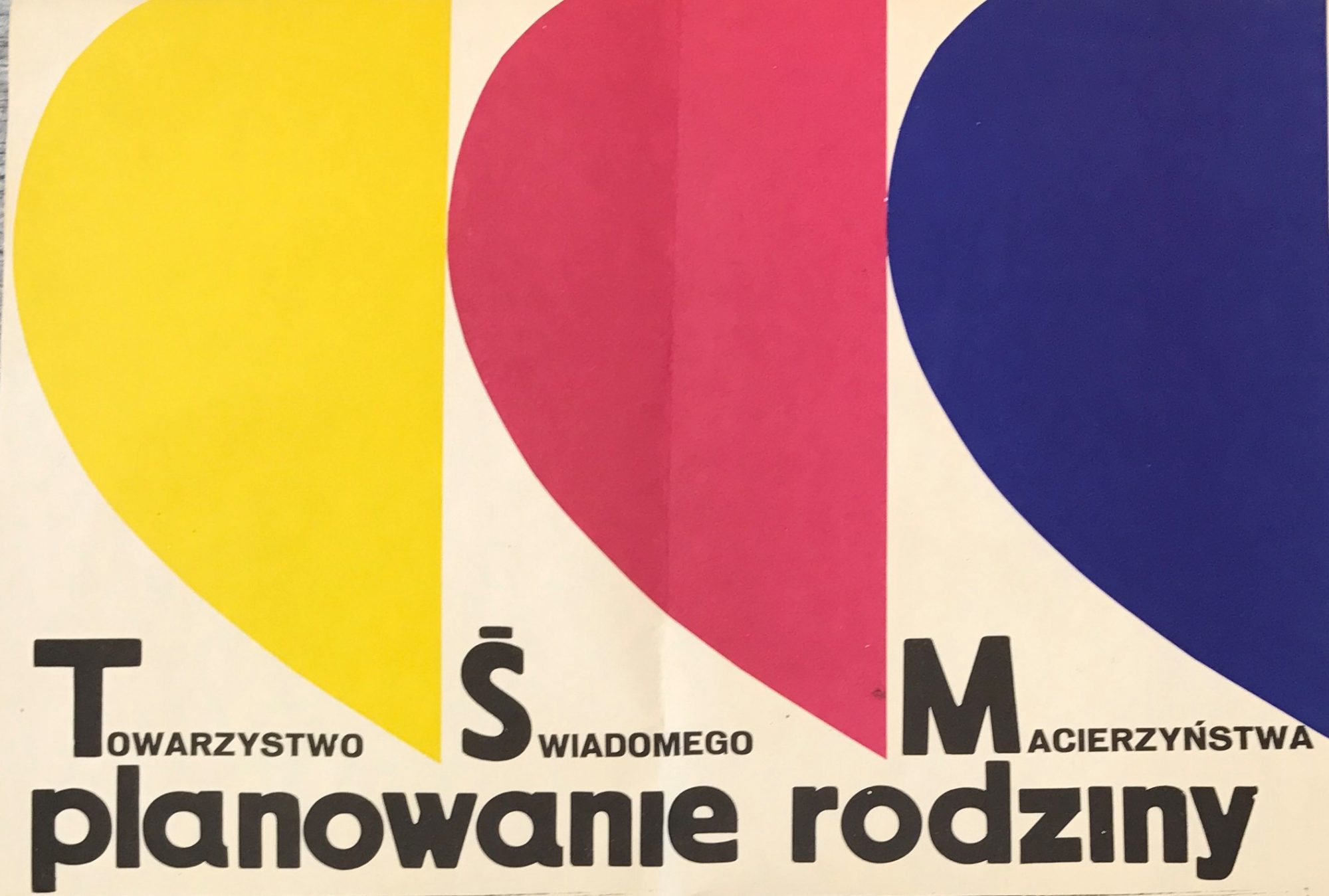Our research project has the following objectives:
Objective 1
To examine the definition, shaping, delivery and communication of Polish population policies, understood as efforts to promote demographic change proceeding from the state authorities and the Catholic Church, (directly and through specific organisations funded for this purpose), and to study ways in which these policies intersected, competed, converged and diverged between 1945 and 1989
Objective 2
To explore ways in which knowledge about birth control was generated and popularized in Poland between 1945 and 1989
Objective 3
To examine Polish women’s and men’s experiences related to broadly defined birth control practices between 1945 and 1989
Research methodology
The execution of this interdisciplinary project involves several complementary research approaches (social and cultural history, anthropological history, oral history, discourse analysis) informed by the conceptual framework of concepts such as gender, intersectionality, agency and intimate citizenship. Primary selection of sources include: archival material, popular and medical literature, propagandistic materials, general and medical press, and oral history interviews produced for the research.
The study advances the existing scholarship in four ways:
- It is the first study to cover the history of birth control in Poland over the whole state-socialist period, allowing to trace continuities and ruptures over the almost half a century (1945-1989)
- It pioneers at examining the formulation and communication of state population policies during the state-socialist period
- It forges a new approach by considering population policies in terms of inter-relation between the state and the Catholic Church: two key agents by far usually studied separately
- It is the first medium-scale oral history project focused on the experiences and the circulation of knowledge about birth control and sexuality of Polish women and men in the second half of the 20th century
